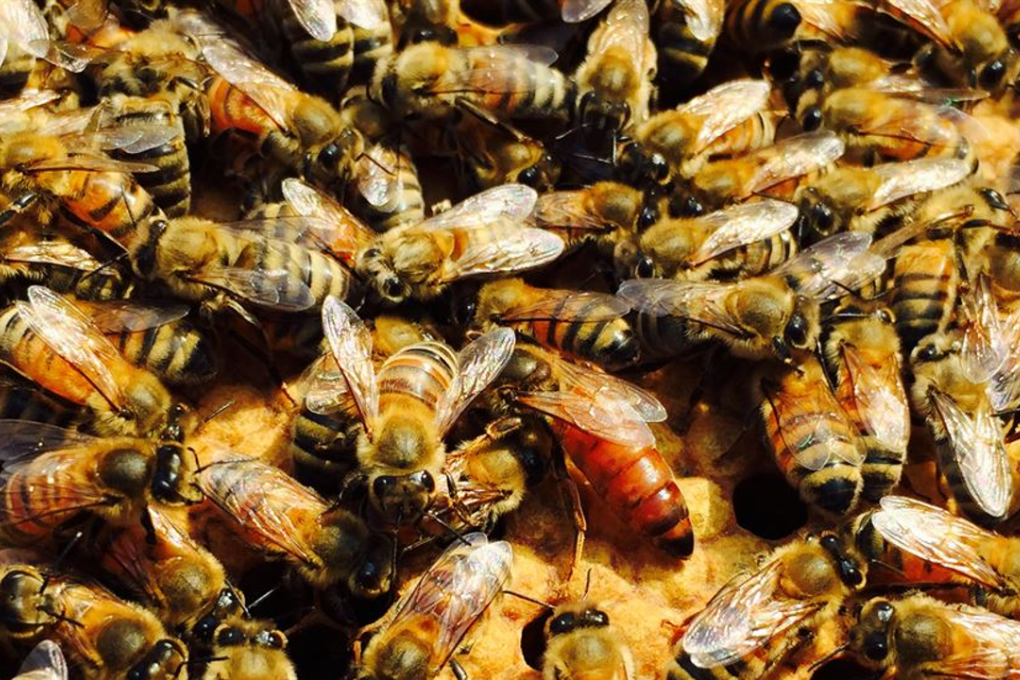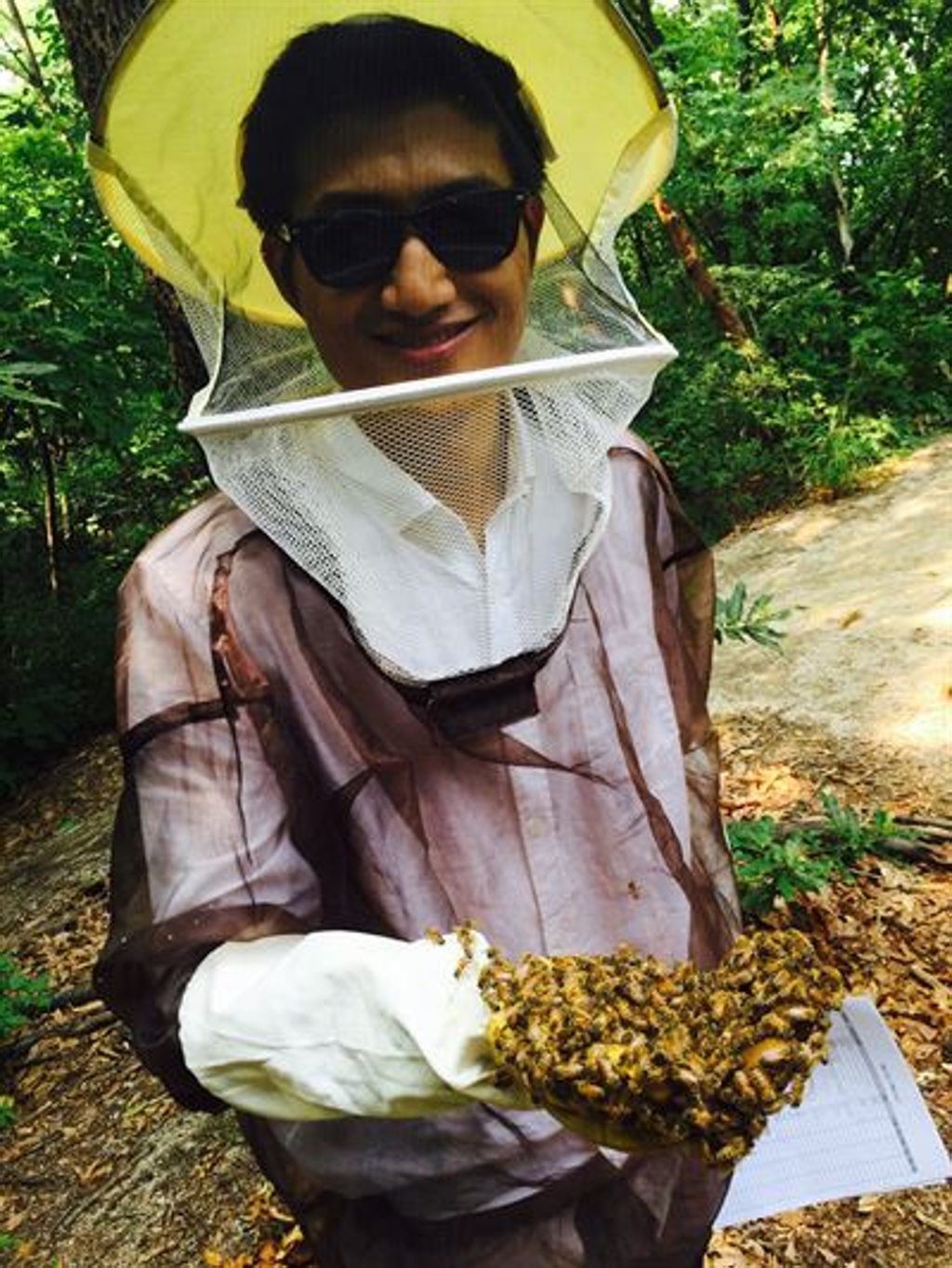To bee or not to bee: Urban Bees is all the buzz in South Korea
Urban Bees Seoul is campaigning to raise awareness of the benefits the insects can bring to the environment

By Ko Dong-hwan
Urban Bees Seoul CEO Park Jin was the only person in South Korea who took action after bees were decimated in 2010 when the central government forced beekeepers to destroy hives after a nationwide sacbrood virus outbreak. Almost 90 per cent of the country’s bee population was wiped out.
After three years, Park did not see any sign of recovery in bee numbers. That’s when the then office worker quit his job and started urban beekeeping from scratch in Seoul. The practice was almost unheard of then.
Urban Bees Seoul has now become the industry’s most influential player.
“When the bees were killed in 2010, it posed a threat of extinction to not just the species but also other wildlife species they pollinate, like acacia, chestnut, sunflower and other related flowers we don’t know of,” Park told The Korea Times. He said the country had neglected to discover the consequences of the mass killing because it considered the beekeeping industry not economically beneficial.
